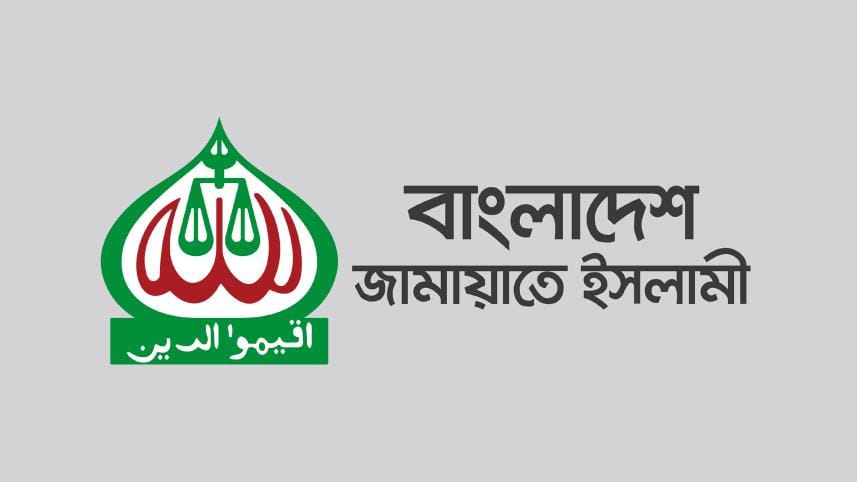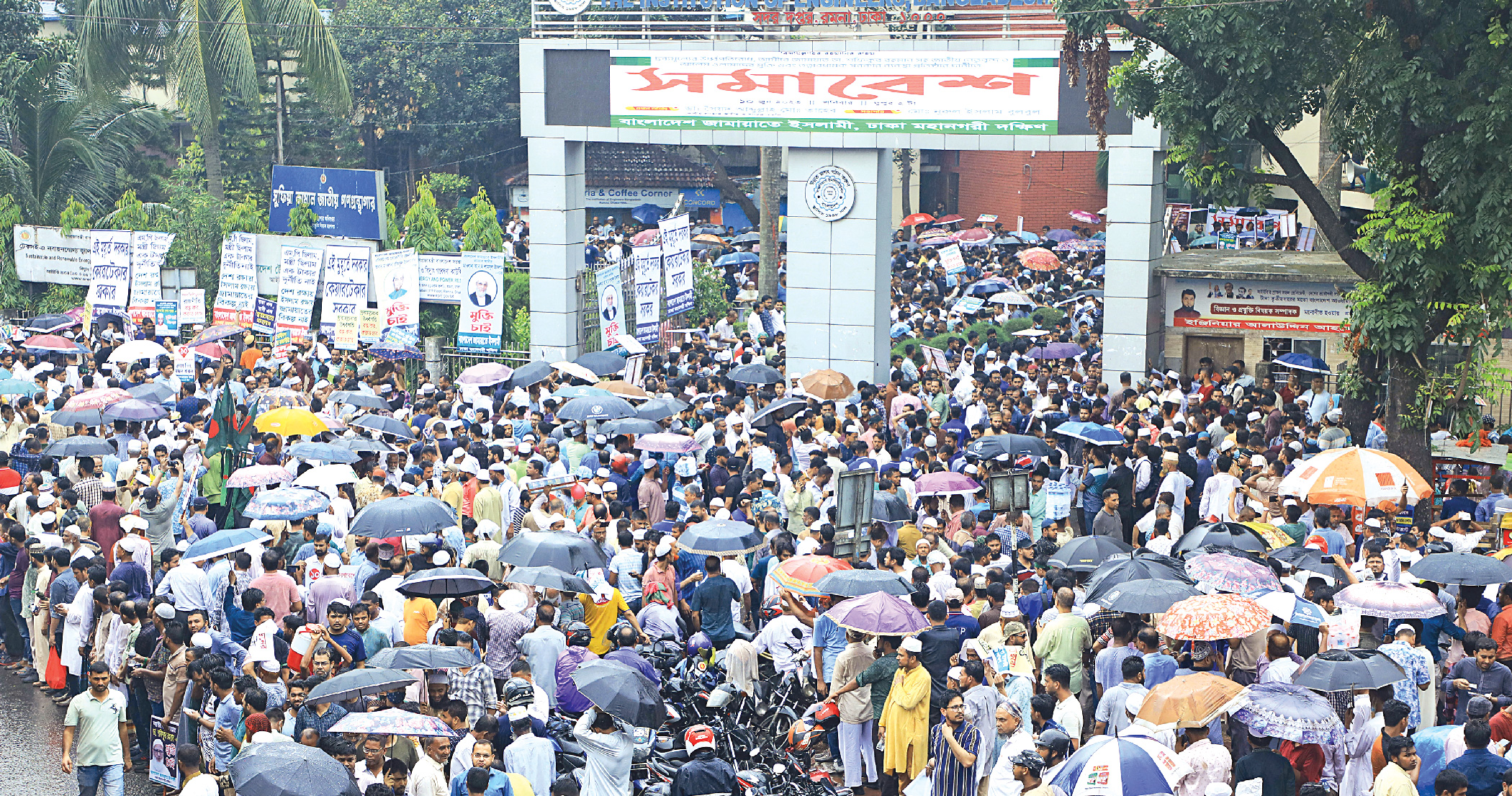‘Letting jamaat return’: Will be suicidal for the nation

The government's decision to allow Jamaat-e-Islami back in active politics, instead of bringing it to book for its 1971 role, will be suicidal for the ruling Awami League and above all, the country, said freedom fighters, families of the martyrs and war crimes researchers.
The government is abandoning the spirit of the Liberation War by taking such a decision just to stay in power, they alleged.
These observations came against the backdrop of Jamaat holding a rally in the capital after a decade with permission from the police. The party's previous public rally was held in February 2013 following the first verdict by a war crimes tribunal.
Jamaat's registration as a political party was declared illegal by the High Court in 2013 and the Election Commission cancelled its registration in October 2018.
Families of the Liberation War martyrs and war crimes trial campaigners have long been demanding Jamaat be tried as a party for committing crimes against humanity in 1971. Even the war crimes investigators found proof against the party and recommend that charges be pressed against it.
Law Minister Anisul Huq on many occasions had said that the government would amend the International Crimes (tribunals) Act-1973 to try parties but neither the act has been amended nor the charges have been pressed so far.
Shahriar Kabir, president of Ekattorer Ghatak Dalal Nirmul Committee, said Jamaat must be banned, otherwise Bangladesh will be destroyed and eventually be turned into Afghanistan.
"The government's policymakers and the Awami League have to realise this," he told The Daily Star yesterday.
He said the US government considers Jamaat as a moderate Islamist party. "The government might have allowed Jamaat to hold the programme after coming under pressure from the US.
"Allowing Jamaat to conduct political activities will be suicidal not only for the Awami League and the government, but also for the country," he observed.
Shahriar said Jamaat was involved in the 1971 genocide and was subsequently banned after the Liberation War. The international crimes tribunals in several verdicts also held the party responsible for the atrocities.
War crimes researcher Mofidul Hoque said different verdicts by war crimes tribunals had observations regarding Jamaat's criminal role in 1971.
Keeping the issue of trying Jamaat pending for a long time has created a crisis again, he told this newspaper.
"Trial of Jamaat as a party is not a political issue, it is rather a legal, moral, ethical and historical issue. So, Jamaat should be brought to justice immediately," said Mofidul, also a trustee of the Liberation War Museum.
He demanded the government make necessary amendments to the International Crimes (Tribunals) Act immediately for holding trial of organisations.
Asif Munier, president of Projonmo '71, a platform of children of the martyrs of Liberation War, said, "Our ogranisaiton has a clear stance -- no person or party involved in the killing of our fathers [intellectuals] would be allowed to hold state power."
Allowing Jamaat to hold a programme is alarming for Projonmo '71 and it will continue protesting against such a move, said Asif, son of martyred intellectual Prof Munier Chowdhury.
Communist Party of Bangladesh President Shah Alam said the government's approval for Jamaat's political programme was not suitable for the political party that led the Liberation War.
He alleged that the activities of the government proved that it was trying to ensure the participation of the anti-Liberation War forces in the next general election.
"People of the country is not taking this move cordially. It is like abandoning the spirit of Liberation War," said Shah Alam, also a valiant freedom fighter.
Asked about the allegation that the AL was improving its ties with Jamaat to put pressure on the BNP, AL General Secretary Obaidul Quader said the BNP has brought them to the field.
"Because they won't join the general election, but would resort to violence. The Jamaat is the BNP's ally in violence," he told reporters after attending a programme at the Bangabandhu International Conference Centre yesterday.




 For all latest news, follow The Daily Star's Google News channel.
For all latest news, follow The Daily Star's Google News channel. 
Comments